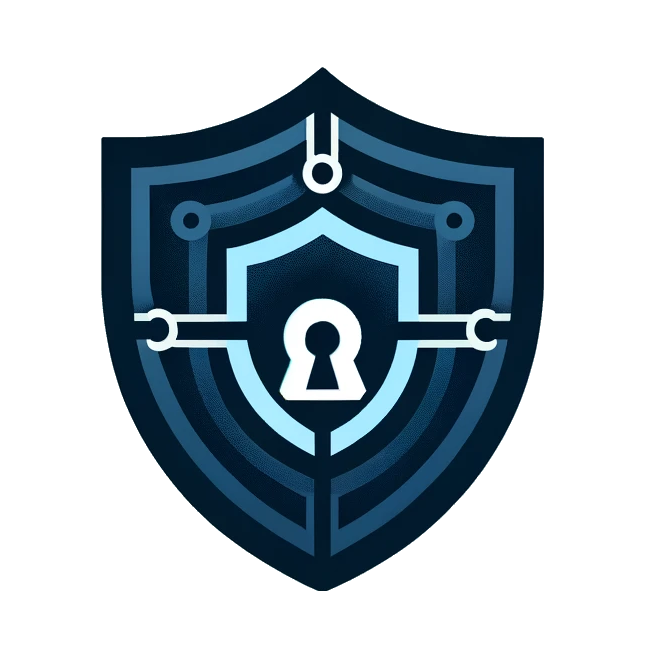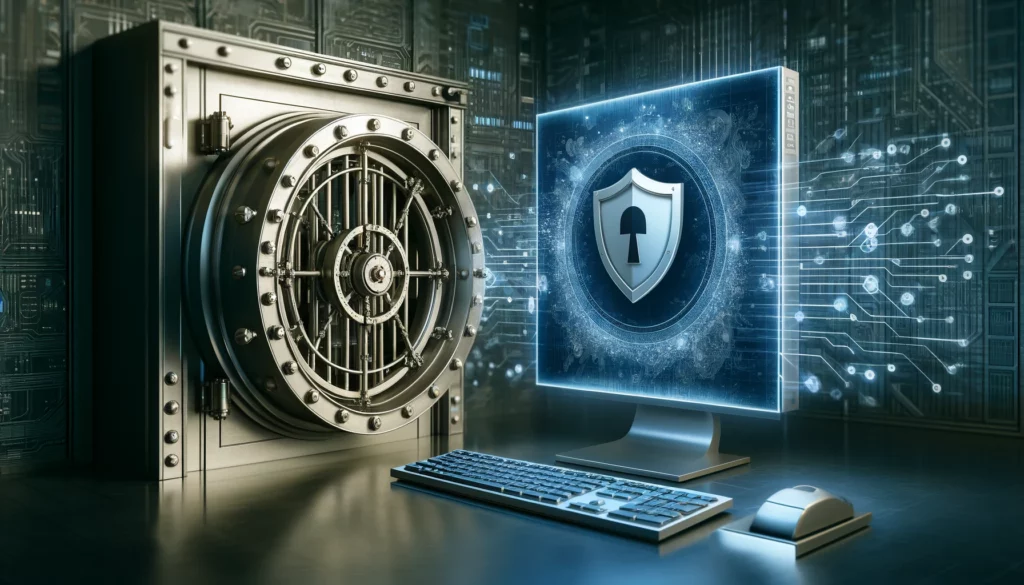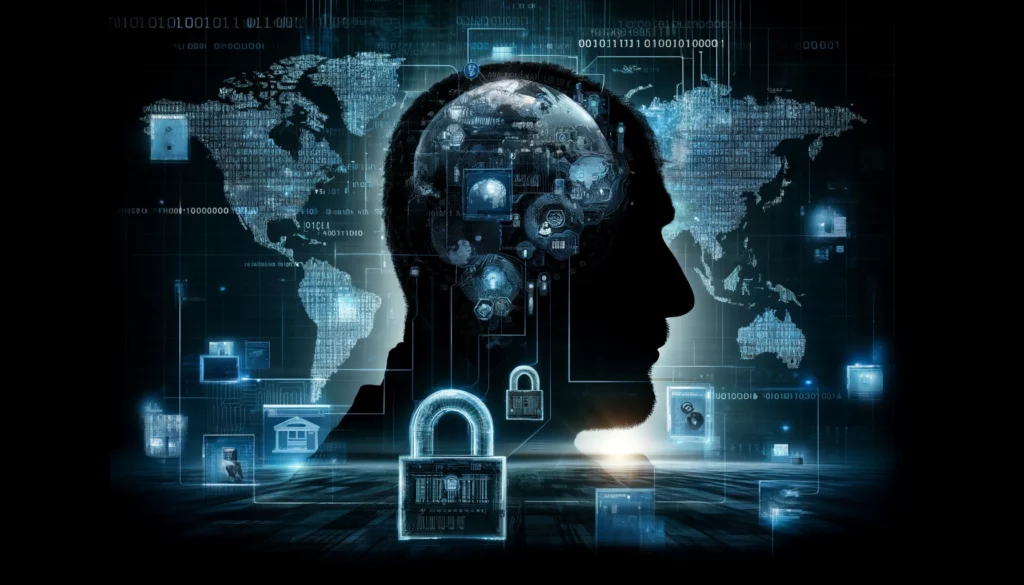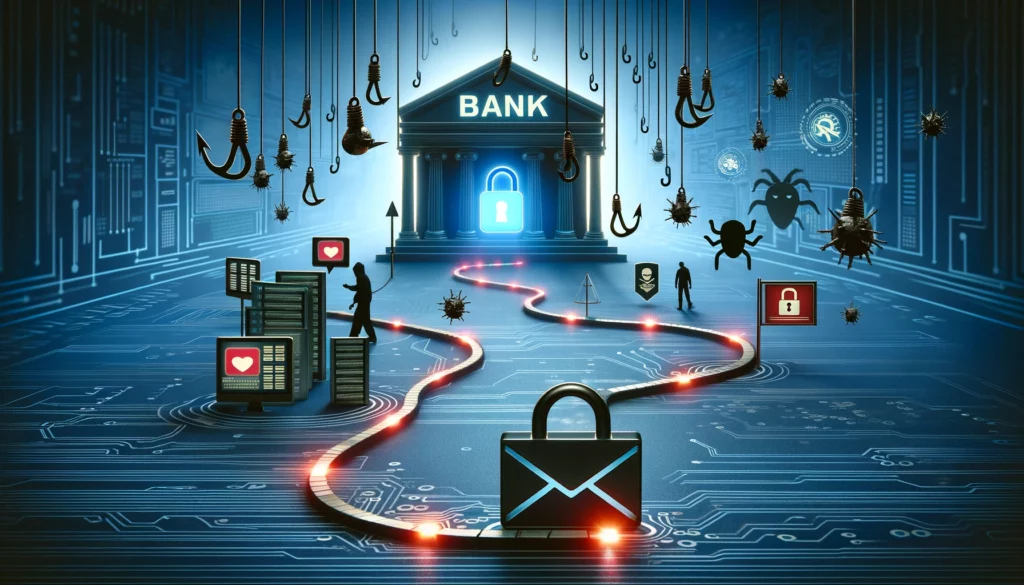Cybercriminals, ever-evolving in their methods, continually devise sophisticated techniques to pilfer personal information from unsuspecting individuals. From phishing scams and data breaches to malware attacks and social engineering tactics, the arsenal of tools wielded by these nefarious actors is vast and formidable. In the realm of banking, where sensitive financial data is at stake, the threat of identity theft is particularly menacing. For banking customers, safeguarding one’s identity is not just a precautionary measure—it’s an imperative. Protecting personal information isn’t merely about shielding oneself from financial losses; it’s about preserving peace of mind and ensuring a sense of security in an increasingly interconnected world. In this blog post, we embark on a journey to uncover the essential strategies needed to fortify defenses against identity theft in the banking sector. By empowering customers with knowledge and practical insights, we aim to arm individuals with the tools they need to thwart the efforts of malicious actors and safeguard their personal information from exploitation.
- Strong Password Management: Strengthening password security is a fundamental step in preventing identity theft. Banking customers should use strong, unique passwords for their online accounts, comprising a mix of letters, numbers, and special characters. Avoid using easily guessable passwords or reusing passwords across multiple accounts. Consider using a password manager to securely store and manage passwords for enhanced convenience and security.
- Enable Two-Factor Authentication (2FA): Two-factor authentication adds an extra layer of security by requiring users to provide a second form of verification, typically a code sent to their mobile device, in addition to their password. Enable 2FA wherever possible for your banking accounts to deter unauthorized access and protect against identity theft. This additional authentication step makes it significantly more difficult for cybercriminals to compromise your accounts, even if they obtain your login credentials.
- Monitor Account Activity Regularly: Regularly monitoring your bank accounts and credit card statements is crucial for detecting unauthorized transactions and suspicious activity indicative of identity theft. Review your account statements promptly upon receipt and report any discrepancies or unfamiliar transactions to your bank or financial institution immediately. Early detection and intervention can help mitigate the impact of identity theft and prevent further fraudulent activity.
- Secure Your Devices and Networks: Securing your devices and networks is essential for preventing identity theft in banking. Keep your devices, including computers, smartphones, and tablets, updated with the latest security patches and antivirus software to guard against malware and other cyber threats. Additionally, secure your home Wi-Fi network with a strong password and encryption to prevent unauthorized access by hackers.
- Exercise Caution with Personal Information: Be cautious when sharing personal information online or over the phone, especially in response to unsolicited requests or suspicious communications. Avoid disclosing sensitive information such as your Social Security number, banking details, or login credentials unless absolutely necessary and verified. Beware of phishing scams, where cybercriminals impersonate legitimate entities to trick individuals into revealing personal information or clicking on malicious links.
- Regularly Review Credit Reports: Periodically review your credit reports from major credit bureaus to monitor for any unauthorized or fraudulent activity. By monitoring your credit history regularly, you can detect signs of identity theft, such as new accounts opened in your name or unauthorized inquiries, and take appropriate action to address them promptly.
In conclusion, preventing identity theft requires proactive measures and awareness of potential risks. By implementing strong password management practices, enabling two-factor authentication, monitoring account activity regularly, securing devices and networks, exercising caution with personal information, and reviewing credit reports periodically, banking customers can significantly reduce the risk of falling victim to identity theft. Stay informed and prioritize security to safeguard your identity and financial well-being in an increasingly digitized world.

Penetra Cybersecurity is at the forefront of defending the digital frontier, providing cutting-edge solutions to protect businesses and organizations from the ever-evolving threats of the cyber world. Established with a mission to create a safer internet for everyone, Penetra leverages a blend of advanced technology, expert knowledge, and proactive strategies to stay ahead of cybercriminals.
Ready to take the next step towards a more secure future? Schedule a consultation with us today and discover how we can help protect what matters most to you. Don’t wait until it’s too late—with Penetra Cybersecurity, your business isn’t just secure; it’s imPenetrable.




